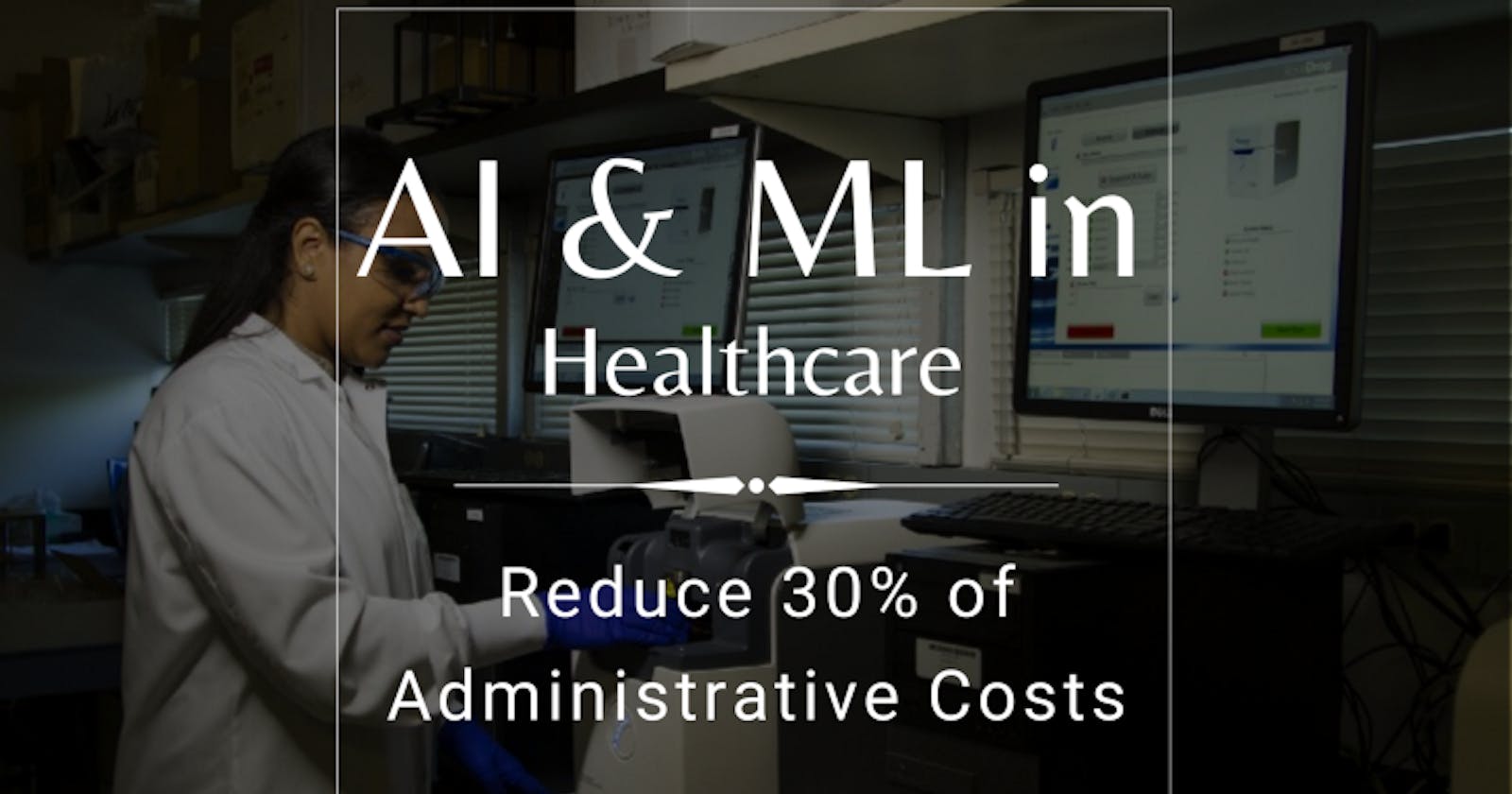According to Insider Intelligence, 30% of healthcare costs are associated with administrative tasks.
Hospital administrators can manage processes with the help of machine learning algorithms and AI can automate some of these tasks, such as pre-authorizing insurance, following up on unpaid bills, and maintaining records to reduce the workload of healthcare professionals and ultimately save them money. 🏥
One of the leading pharmaceutical companies in the world, Pfizer, uses IBM’s Watson AI technology to support its immuno-oncology research, which examines how the immune system might combat cancer. Through this collaboration, Pfizer can quickly gain insights about how to create more effective immuno-oncological medicines for patients by analyzing vast amounts of patient data.
Another excellent example is Subtle Medical, which uses AI, machine learning, and deep understanding to make medical images that are more clear for radiologists. The company’s product SubtleMR enables users to eliminate image noise and concentrate on specific body parts, including the head, neck, belly, and breasts. Radiologists may complete exams faster with higher-quality images, which shortens the time it takes for patients to obtain treatment and diagnosis.
Use Cases of AI & ML in Healthcare 🏥
Here are some examples of how these technologies are being used:
Diagnosis and treatment planning: AI and ML algorithms can analyze medical images, lab results, and patient data to assist doctors in identifying potential diseases, such as cancer or heart disease. These algorithms can also help physicians make more accurate treatment plans.
Electronic health records (EHRs): AI and ML can be used to analyze large amounts of patient data stored in EHRs, which can help identify patterns and predict potential health issues. This can improve patient care by providing doctors with more accurate and relevant information.
Drug development and personalized medicine: AI and ML can be used to analyze large amounts of data from clinical trials and medical research to identify new treatments and predict which drugs will be most effective for specific patient groups.
Robotic surgery: AI and ML can be used to improve the precision and accuracy of robotic surgery. These technologies can be used to guide the surgical robot, making it more adept at identifying and avoiding delicate areas of the body.
Telemedicine: AI and ML can be used to improve the patient experience by providing virtual consultations and remote monitoring. These technologies can also be used to analyze data from remote monitoring devices, such as wearables, to identify potential health issues.

